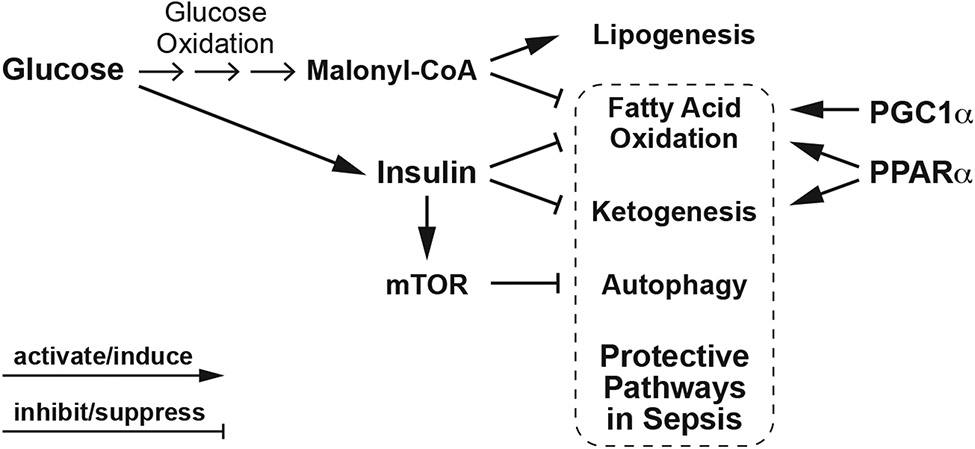Figure 3. Metabolic effects of glucose and insulin.
Glucose oxidation promotes lipogenesis and inhibits fatty acid oxidation. In response to elevated blood glucose levels, secreted insulin regulates glucose storage while inhibiting fatty acid oxidation, ketogenesis, and autophagy through the activation of mTOR, a strong inhibitor of autophagy. PPARα and PGC1α promote fatty acid oxidation, while PPARα activates both fatty acid oxidation and ketogenesis. Fatty acid oxidation, ketogenesis, and autophagy have all been proposed as protective pathways in sepsis. Thus, excess glucose or carbohydrate nutritional delivery and the resulting obligate insulin requirements could lead to suppression of these protective metabolic pathways.

